China is strengthening efforts to develop the industrial internet and build more "lighthouse factories "as part of a broader drive to foster new growth engines and propel high-quality development of its manufacturing sector, participants at the 14th Annual Meeting of the New Champions, also known as the Summer Davos Forum, said in Tianjin on Tuesday.
Xie Haiqin, deputy general manager of Chinese home appliance maker Haier Group's industrial internet platform COSMOPlat, said the company is committed to bolstering the intelligent and digital transformation of enterprises in a wide range of industries through the application of advanced manufacturing technologies.
Xie said enterprises can customize products quickly and at scale by collecting and analyzing data from consumers, suppliers and factories with internet-connected sensors via the platform, while boosting productivity and cutting costs. Customers will be able to participate in the entire manufacturing process, she said.
Powered by COSMOPlat, six factories owned by Haier have been included in the Global Lighthouse Network, an initiative launched by the World Economic Forum in collaboration with market consultancy McKinsey in 2018.
For instance, Haier's washing machine factory in Tianjin has improved productivity by about 30 percent and reduced energy consumption by 35 percent through the integration of 5G, the internet of things, automation and advanced analysis technology.
A total of 132 factories worldwide are now engaged in the Global Lighthouse Network, which refers to the community of leading manufacturers applying advanced technologies to speed up and spread the smart adoption of Industrial 4.0 technologies such as artificial intelligence, robotics, cloud computing and big data to their industries worldwide.
Boasting high efficiency, intelligence and sustainability, lighthouse factories represent the highest level of global intelligent manufacturing. Currently, there are 50 such factories in China, the highest number among any country and making up more than one-third of the world's total.
Digital transformation in manufacturing has become an irreversible trend globally, and Foxconn takes the industrial transformation trend as a new opportunity to further enhance its manufacturing capabilities, said Brand Cheng, CEO of Foxconn Industrial Internet.
High-end intelligent manufacturing is one of its core competencies, he added.
Foxconn Industrial Internet now has six lighthouse factories.
The company is bullish on the prospects of the country's manufacturing sector, especially high-end intelligent manufacturing, and will continue to increase investment and accelerate its presence in the high-end intelligent manufacturing segment.
Experts also said that the industrial metaverse, which refers to a virtual world where real machines and factories, buildings and cities, grids and other industrial objects are mirrored digitally with virtual and augmented reality technologies, is likely to revolutionize manufacturing in the coming years.
Wang Rui, senior vice-president of Intel and chair of Intel China, said the industrial metaverse combines a string of cutting-edge technologies, including 5G, AI and digital twins, and integrates the virtual world with the real world.
Compared to the consumer-centric metaverse, Wang said the industrial metaverse has broader growth potential and serves as the key driving force to boost the development of digital economy, with surging demand for computing power.













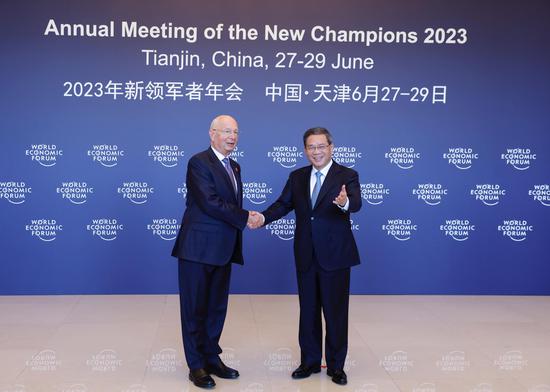
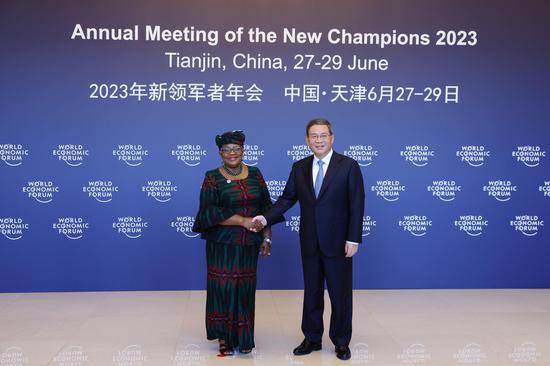
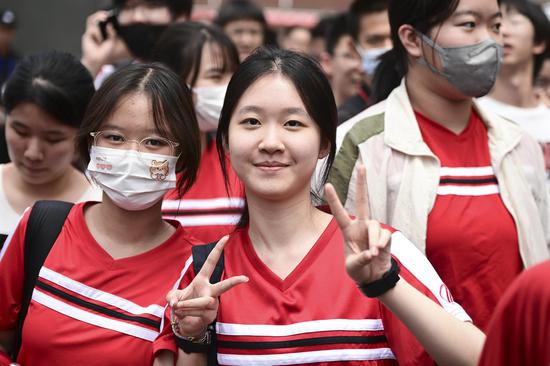
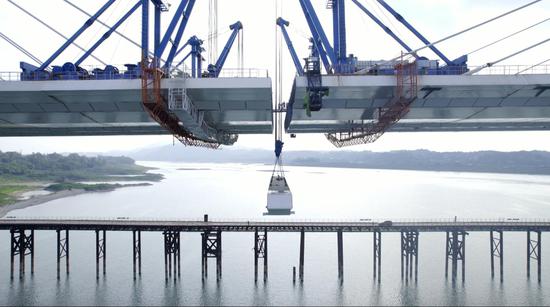


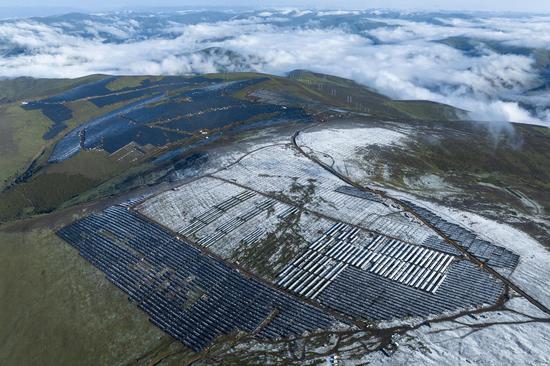

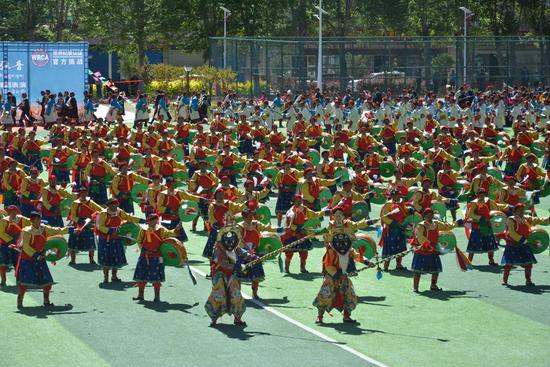

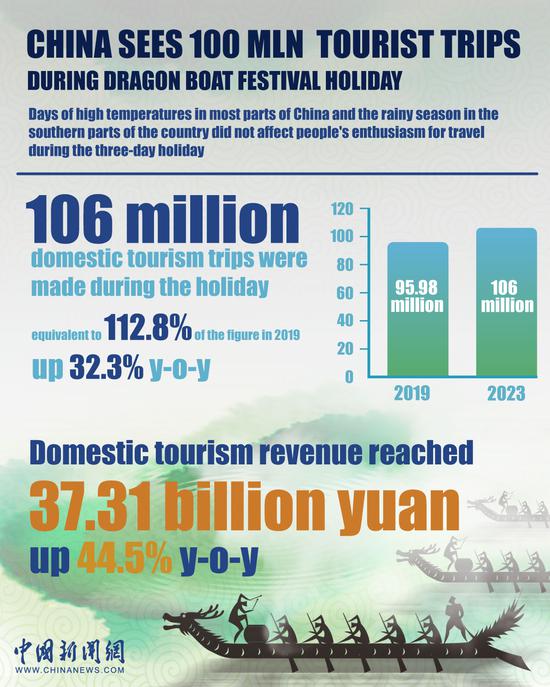







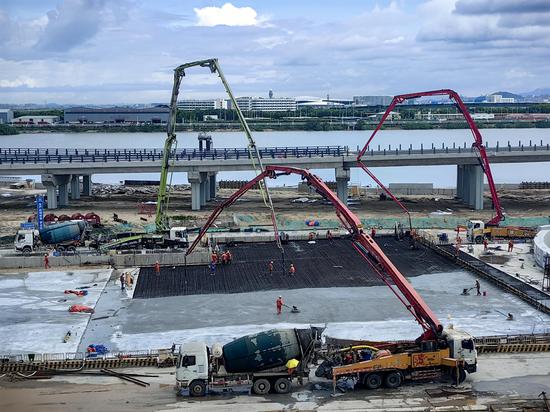

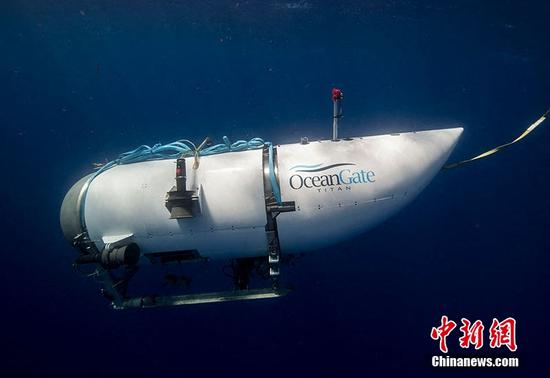



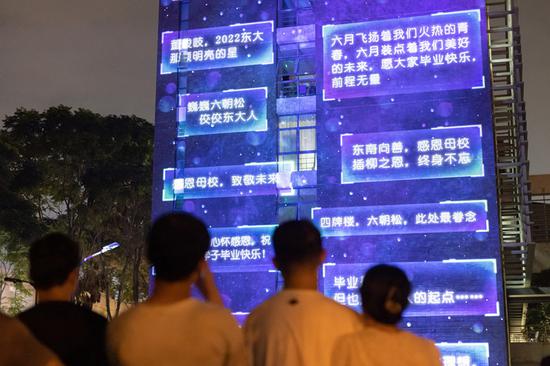
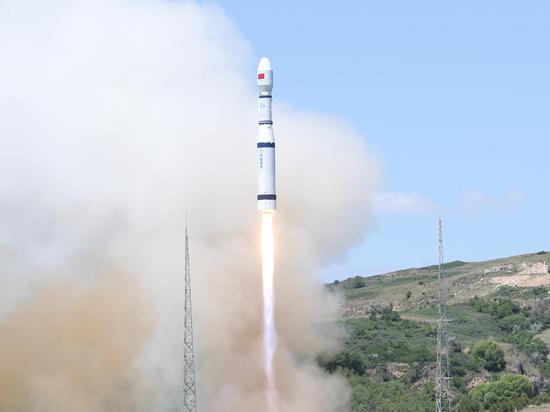
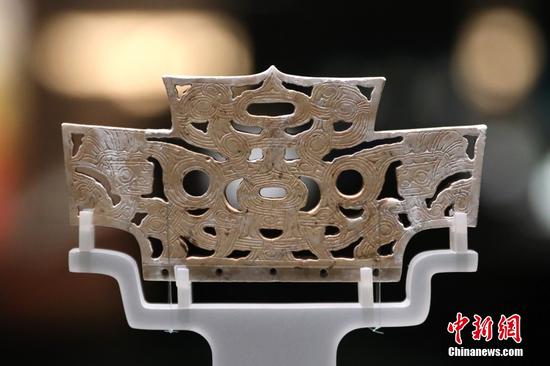


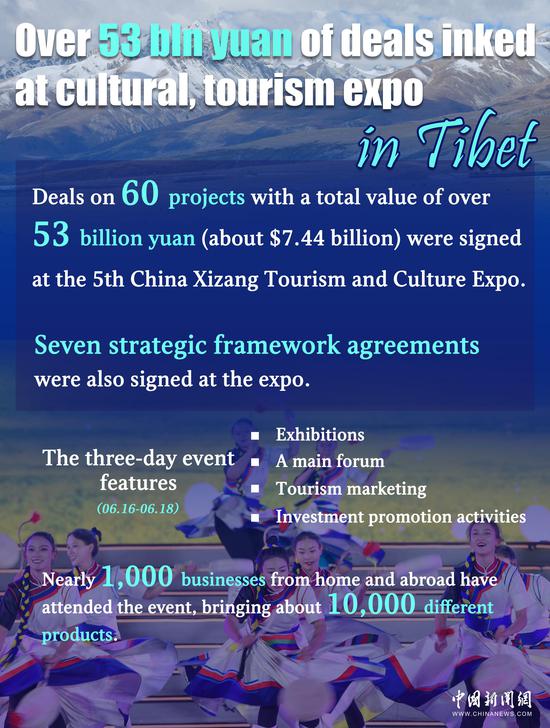







 京公网安备 11010202009201号
京公网安备 11010202009201号